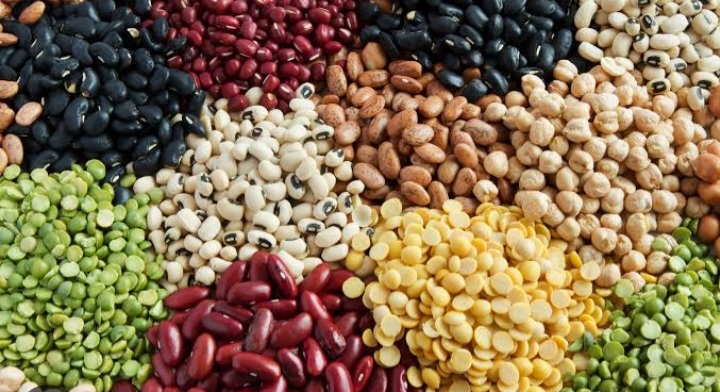Legumes and you: Health benefits of beans

By Chisom Ibemere
Legumes are plants in the family Fabaceae and are group of vegetables that have seeds or pods. These include beans, peas, lentils, chickpeas, and peanuts.
Legumes are rich in dietary fibre which can help improve healthy digestion, prevent constipation, and improve gut health. They are an excellent source of plant-based protein, which is important for maintaining muscle mass, repairing and building tissues, and producing enzymes and hormones.
Legumes when properly consumed can help to reduce the risk of chronic diseases which may include heart disease, diabetes, and cancer. They have low glycemic index score which helps to regulate blood sugar levels, making them an ideal food choice for those with diabetes.
They are a low-fat with high-fibre food that can help keep you full and reduce overall calorie intake. Legumes are amazing source of essential minerals like iron, magnesium, and potassium which are healthful and contribute greatly to good bone health and a strong immune system.
Most legumes are low in fat and as well great sources of soluble fibre which helps to reduce cholesterol levels. They are high in folate and other B vitamins, which are important for brain function and mood regulation. They are an excellent source of essential nutrients such as iron, folate, and calcium, which are important for women during pregnancy.
Legumes are believed to reduce the risk of heart disease by lowering the pressure of the blood and inflammation. They are in cost and have high sustainability option, making them an excellent choice for those on a budget. They offer a wider range of health benefits and very nutritious and may be consumed by people of all ages. Consuming leguminous foods can improve overall health and promote longevity.
